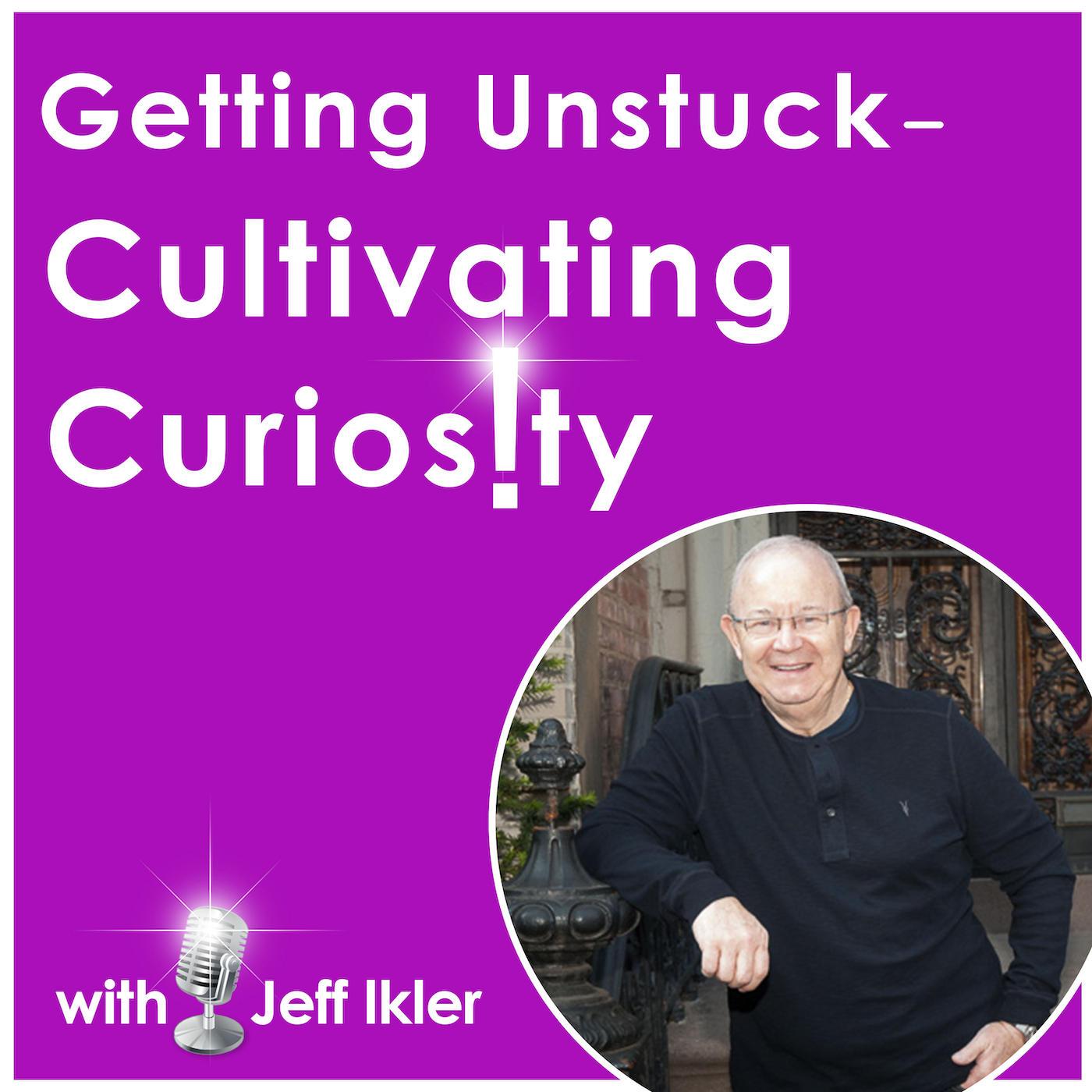388: Bridging Our Virtual Distance: Reconnecting in the Age of AI
Description
Guest
Dr. Karen Sobel-Lojeski is a pioneer in understanding how technology shapes human connection at work and beyond. She created the award-winning framework, Virtual Distance, a proven and practical set of predictive analytics that target problems and predictably strengthen trust, collaboration, and productivity across remote, hybrid, and in-person teams.
As the founder of Virtual Distance International, she has advised Fortune 500 companies, government agencies, and institutions, including Coca-Cola, the US Navy, DARPA, and the World Economic Forum. A trusted advisor, former professor and researcher with affiliations at Princeton's Institute for Advanced Study, Wharton, and the Stockholm School of Economics, she is the author of Uniting the Virtual Workforce, Leading the Virtual Workforce, and The Power of Virtual Distance.
Her insights have been featured in Harvard Business Review, The New York Times, Forbes, The Wall Street Journal, NPR, and other prominent publications. She is a sought-after speaker, known for energizing audiences worldwide. She holds degrees in Computer Science and Applied Mathematics from SUNY Albany and a Ph.D. from Stevens Institute of Technology, where her dissertation, Virtual Distance: A New Model for the Study of Virtual Work, won the Best Dissertation of the Year Award.
Summary
In this follow-up conversation, Dr. Karen Sobel-Lojeski—creator of the concept of "virtual distance"—discusses how technology continues to shape, and often erode, human connection, particularly in education. She defines virtual distance as the measurable sense of separation people feel despite being physically close, a phenomenon driven by technology-mediated communication. The model comprises three layers: physical distance, which has the least impact on outcomes; operational distance, representing the day-to-day barriers to smooth communication; and affinity distance, the emotional and relational disconnect that most strongly undermines trust, learning, and collaboration.
Dr. K and Jeff revisit ideas they first discussed during the COVID-19 pandemic, when schools shifted to remote learning. While educators solved many operational challenges, they largely ignored the emotional and social costs—students' inability to connect, play, and learn together. Dr. K likens this to Isaac Asimov's story "The Fun They Had," a cautionary tale about robotic education devoid of joy and connection.
The discussion shifts to current policies that restrict cell phone use in schools. Dr. K argues these measures, while well-intentioned, misidentify the real problem. Locking up phones doesn't undo decades of cultural conditioning around technology. Students' sense of self and connection has already been rewired; removing the device without addressing underlying social and emotional needs merely produces deprivation, not engagement.
She urges educators to prioritize relationships, empathy, and social learning—what she calls "reconnecting to our direct experience of being human." AI, she warns, intensifies virtual distance by outsourcing creativity and meaning-making. Ultimately, she calls for a cultural and educational rebalancing that centers human connection in an increasingly digital world.
The Essential Point
Technological fixes—whether online learning, AI, or banning cell phones—cannot mend what they helped fray: our capacity for human connection. True learning and creativity depend on empathy, direct experience, and social bonds.
Social Media
klojeski@virtualdistance.com
www.thepowerofvirtualdistance.com
+1.551.580.6422





